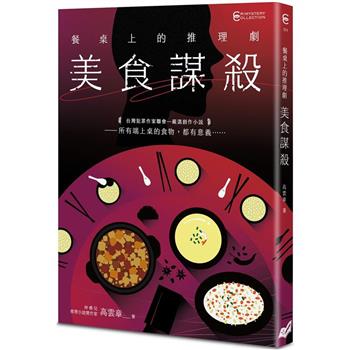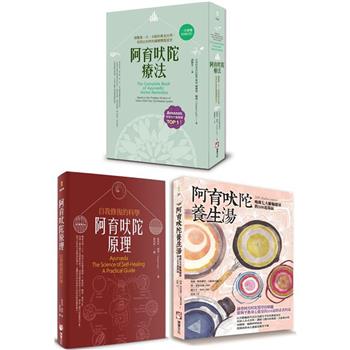“Zen” and “mindfulness” are buzzwords these days, but few people know what they really mean. And what does “Zen” have to do with cooking? Is there a “Zen” way to cook? Gesshin Claire Greenwood wants to help readers understand these concepts and incorporate them into their meals and lives. Gesshin first visited Japan at age twenty-two and found my way to a Buddhist monastery where the abbot spoke English and was open to working with women and foreigners. Although the lifestyle was hard (they woke at 4am and sat meditation in unheated rooms), the more she lived and practiced there, the more she came to believe my life’s work was to become a Buddhist nun and to learn about the mind, about how to relate to human suffering. I ordained as a Buddhist nun when I was twenty-four years old and then spent several years at an all-women’s monastery in Nagoya. She spent years working in the monastery kitchen, learning techniques and traditional recipes.
Now back in the United States, Gesshin wants to share what she learned about cooking and about life during those years in the monastery. Beautifully packaged, Just Enough shares recipes, cooking tips, and spiritual wisdom in warm and honest writing. This book guides the reader not only through the ins-and-outs of Japanese cooking, but more importantly, introduces the Zen spirit behind preparing food.
Zen philosophy is about big, existential questions like “who am I” and “what is the meaning of life and death,” but the practice itself is about growing up, about being in the world in a sane and responsible way. Gesshin thinks of Zen is a kind of radical sobriety — not filling up your life with extra sensation or pleasure, but becoming intimate with reality, as it is here and now. The book is based on the cookbook on the philosophy of oryoki, which means “just enough.” Cooking and food is a direct, easy way to explain Zen practice and to speak about the human experience. And it tastes good.
Just Enough is not just a cookbook; it is an instruction manual for your belly and your heart. Taking the reader on a journey deep into the monasteries of Japan, this book reveals secrets of authentic Japanese cuisine, how cooking can be a true spiritual practice, and how we can become fully alive in the kitchen. Chapters include what to do with leftovers, how to design a meal so that the five tastes (sweet, sour, salty, bitter, and savory) and colors are equally balanced, and the importance of choosing vegetables that are in season.
She begins the book with instructions on cooking rice. Readers who come on the journey with Gesshin will discover a new appreciation for every aspect of their meals: from the humble grains of rice to rich sauces, from the apparently inedible bamboo and fuki (celery-like vegetable) to the mouthwatering aroma of gyoza (dumplings) and hearty vegetable stews. Includes more than 30 full recipes as well as variations as well as essays on life in a monastery kitchen, food, and Zen philosophy.












